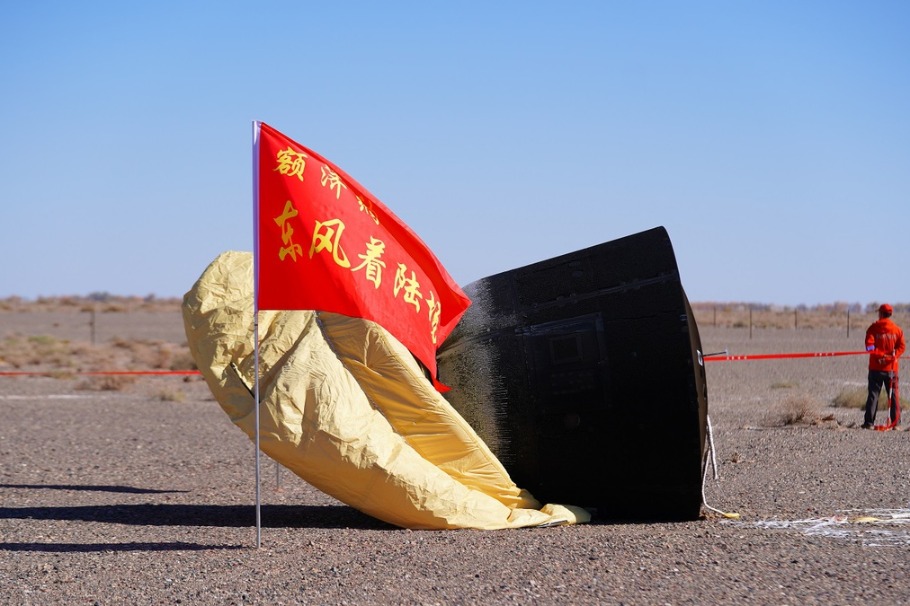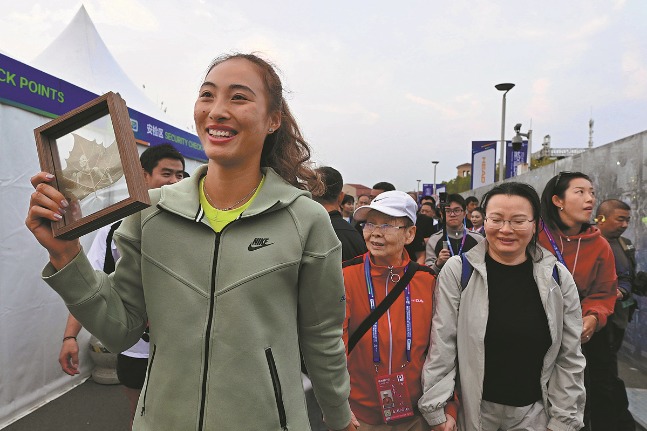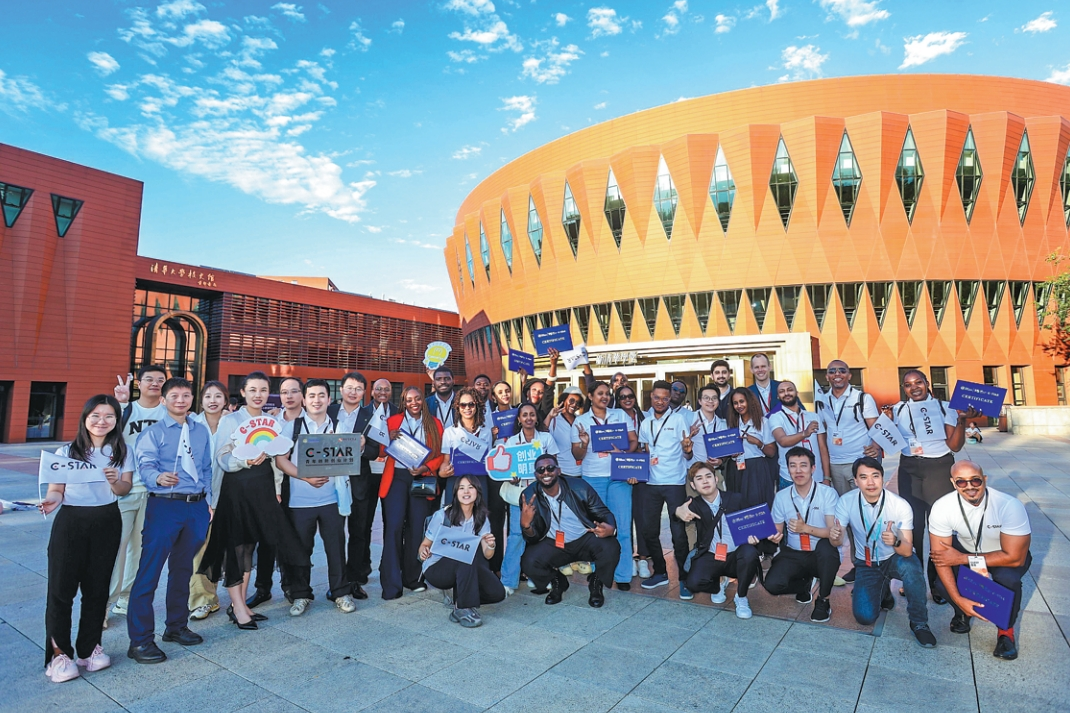Growth in China, local trends inspire Unilever
By Li Wenfang in Guangzhou | China Daily | Updated: 2023-09-02 07:27

The Chinese market remains very important to British consumer goods giant Unilever, given its size, growth and inspiration, said a top executive.
"In 2022, Unilever's nutrition businesses grew very healthily in China, despite challenges. We're seeing the same this year, so the growth is still there," said Hanneke Faber, president of Unilever Nutrition, in an interview during her visit to Guangzhou, Guangdong province on Monday.
"China is a market where a lot of food and technology trends are generated."
Trends coming from China include digital and data-driven manufacturing technology and digital selling, Faber said.
The factory in Tianjian municipality, which opened during the COVID-19 pandemic, produces the best results among the group's factories globally and the one in Guangzhou is set to perform even better, she said.
The group announced its investment of 1.6 billion yuan ($220.3 million) two years ago for its biggest Chinese factory in Guangzhou, with the beauty and personal care unit of the factory opening next month, the nutrition unit opening next year and the ice cream unit opening in 2025. The factory will serve both the Chinese and foreign markets.
Unilever hopes to build the Guangzhou project into a lighthouse factory.
The Global Lighthouse Network is a community of manufacturers applying advanced technologies to speed up and spread the smart adoption of fourth-industrial revolution technologies — a fusion of artificial intelligence, robotics, the internet of things, blockchain, 3D printing, genetic engineering, quantum computing and other technologies — to their industries worldwide.
"We can almost run without people and lights because of AI and other digital technologies. It uses data throughout," Faber said.
Unilever aims to achieve net-zero emissions across its value chain by 2039 and zero emissions from its operations by 2030.
On the selling side, the group's Chinese team has built a digital infrastructure to identify online the best restaurants to sell to, with the ability to reach more restaurants and stay in touch.
"It was the little silver lining of COVID because we couldn't visit restaurants. We started using the digital system in China and we now serve several times as many restaurants without adding a lot of people," Faber said.
"It doesn't mean that the technology replaces people, but it makes people more effective. China has been very inspirational for us. We've been able to apply that in other countries now as well."
























